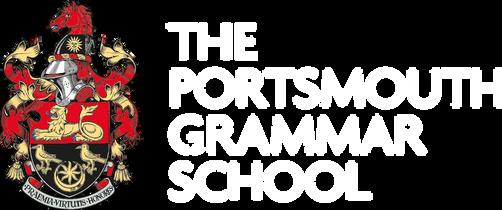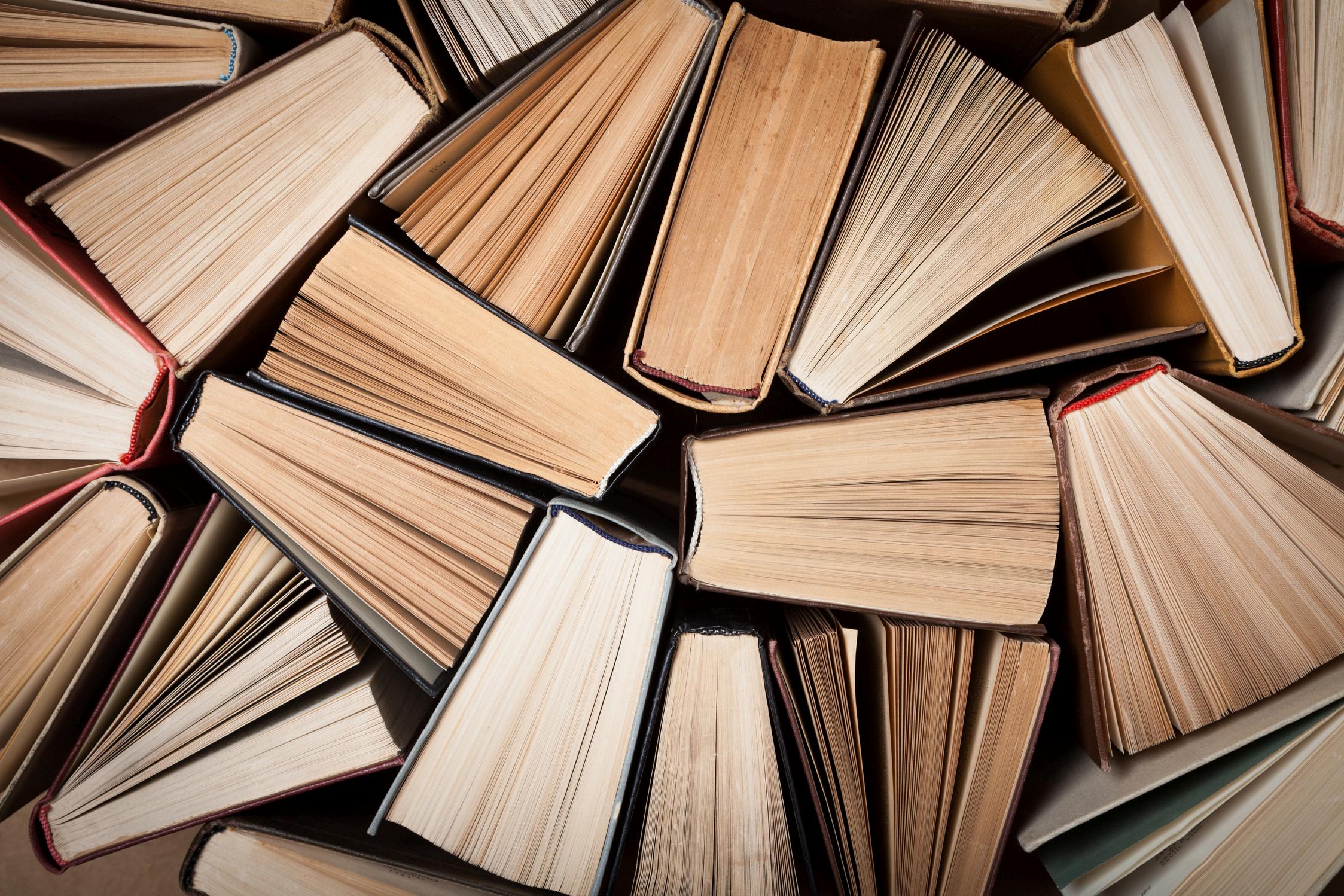A LEVEL ENGLISH LITERATURE







A Level English Literature is a linear qualification. Pupils will take three terminal examinations (80%) in Year 13 and complete a coursework essay (20%).
During Year 12, pupils will work through the poems of a pre-1900 poet such as John Donne, John Milton or Geoffrey Chaucer. Pupils will also study two modern poets. Authors include Owen Sheers, Seamus Heaney, Carol Ann Duffy and Philip Larkin.
Throughout the course, pupils will learn how to approach unseen texts exploring a range of poems and prose extracts, as well as literary and critical theory. Pupils are encouraged to read widely from a range of historical periods, so that they are equipped to tackle texts that they have not studied.
In Year 13, we deliver the Drama unit. One teacher focuses on a Shakespeare play, such as King Lear. The other teacher focuses on one pre-1900 play and one post-1900, such as ‘A Streetcar Named Desire’ and ‘The Duchess of Malfi’.
The coursework essay demands a comparison of two prose texts which have been chosen by pupils themselves, giving them the opportunity to explore a genre or theme which interests them. One of the texts must have been published post-2000, and they must be of literary merit but otherwise pupils are encouraged to choose freely.
The equivalent of a Grade 6 or higher in English at GCSE is the minimum requirement.
A Level English Literature enables pupils to explore a wide range of and variety of books, experience all three major forms: poetry, prose and drama, and to investigate historical, biographical and cultural contexts. Pupils will be immersed in history, philosophy, politics, music, drama and art, as well as literature. The teaching style of A Level is very different from Key Stage 4 English. Classes are smaller and shared between two teachers. There will be many opportunities to express your views in class and to explore your own interests during independent study; the best students take advantage of these opportunities.
Many of our pupils go on to read English at university, either as a single honours subject or in combination with another subject such as Modern Languages, Communication and Media, History or Classical Studies. The subject opens a wide array of possible careers: television, law, radio, theatre, journalism, creative arts, teaching, marketing, public relations, or any form of business career to name but a few. The English Department equips pupils for success in their university applications, helping to develop confident, articulate, intellectually independent and interesting individuals.